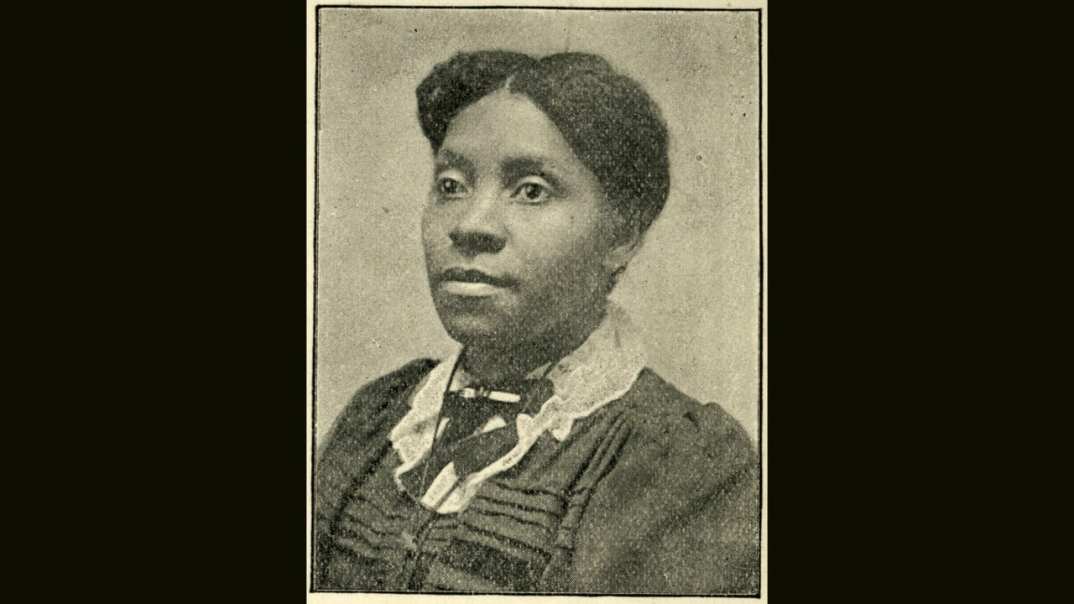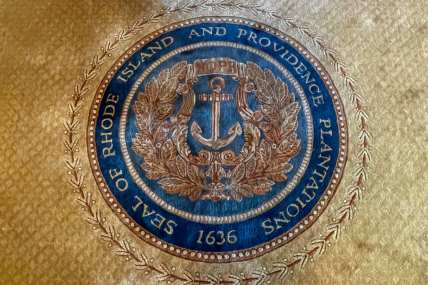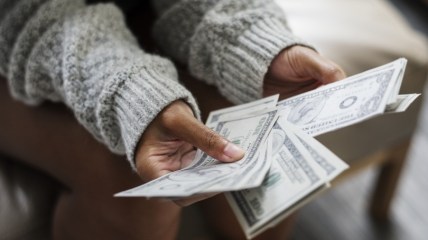Callie House, foremother of the reparations movement, deserves a posthumous pardon
OPINION: Last week, two Harvard professors filed a petition with President Joe Biden seeking a pardon for the civil rights icon, who was convicted of mail fraud in 1917.

Editor’s note: The following article is an op-ed, and the views expressed are the author’s own. Read more opinions on theGrio.
Callie House is a name unfamiliar to most. It shouldn’t be.
House is the foremother of the reparations movement who organized over 300,000 Black people in the early 20th century to petition the government for reparatory justice. House’s idea was, at once, brilliant and obvious: pay the formerly enslaved a pension derived from the tax revenue the government received from cotton sales.
The unsung civil rights hero successfully marshaled this massive movement until the federal government, with no evidence, convicted her of mail fraud with the help of an all-white, male jury. Last week, two Harvard professors—inspired by historian Mary Francis Berry’s biography of Callie House, “My Face Is Black Is True”—filed a petition for a posthumous pardon with President Joe Biden. Harvard Kennedy School Professor Cornell William Brooks (former NAACP President and CEO) and Harvard Law School Professor Ronald S. Sullivan Jr. argue that President Biden has the opportunity to right a historical wrong by issuing a pardon.
On August 7, 1897, House founded the National Ex-Slave Mutual Relief, Bounty, and Pension Association (MRB&PA) alongside Isaiah Dickerson. The organization had a mission to petition Congress for the passage of legislation that would grant compensation to ex-slaves, in addition to providing mutual aid and burial expenses. By 1900, nationwide membership for the MRB&PA was estimated at 300,000, a significant following given the U.S. population was about 25 percent of our current population.
Sadly, national attention attracted strong opposition from the U.S. government. Three federal agencies—the Bureau of Pensions, the Post Office Department and the Department of Justice—worked together to disrupt the movement because the government had no intention of compensating formerly enslaved people. In an 1899 circular, Harrison Barrett, the acting assistant attorney general for the Post Office Department, admitted that “there has never been the remotest prospect that the bill would become a law.” Consistently, the Post Office Department became the biggest force in killing the movement as Barrett issued a fraud order against the MRB&PA, thus restricting the delivery of all mail and payment of money orders.
While House was under investigation for fraud, pension bills for ex-slaves were submitted to Congress but received little to no consideration. The next effort led by House was her participation in filing the first lawsuit for reparation, Johnson v. McAdoo, in 1915; however, the D.C. District Court and U.S. Supreme Court held that the United States was protected from such lawsuits.
Not long after, the extraordinary movement sparked by a fearless leader was crippled as House was convicted of mail fraud in 1917.
Just imagine where the country could’ve been if the government had not set out to destroy House and the reparations movement over 100 years ago. Because of House’s unjust conviction, America lost a century of substantial discussion and debate on reparations.
A long overdue presidential pardon for Callie House will not only right a grievous wrong committed against an unsung American hero, but it will also, as Professor Brooks put it, “vindicate a legacy.”

Stephanie Robinson, Esq. is a lecturer on law at Harvard Law School, where she teaches on issues of democracy, media, and race, and their intersections with the law. She is the president of Sly Bear Media Group. She is the former chief counsel to Senator Edward M. Kennedy and was a political and social commentator for the “Tom Joyner Morning Show,” offering her perspective weekly to over 10 million people on the day’s most pressing issues.
TheGrio is FREE on your TV via Apple TV, Amazon Fire, Roku, and Android TV. Please download theGrio mobile apps today!


